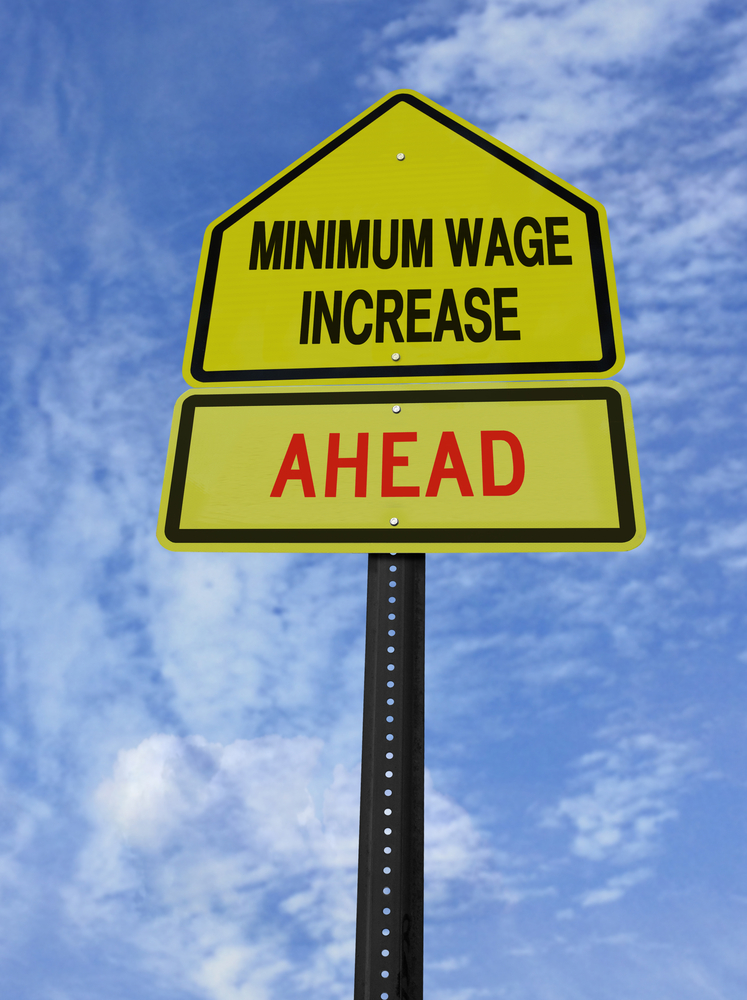
Pennsylvania Chamber of Business and Industry (PA Chamber) President and CEO Gene Barr issued a statement last week regarding a recent analysis from the Pennsylvania Independent Fiscal Office (IFO) of a proposed minimum wage increase.
The proposal calls for an increase of minimum wages to $12 as early as July 1, with incremental increases to $15 in the coming years. The plan also calls for the elimination of the tipped wage.
“The IFO estimates that a mandated increase to $12 would lead to most employees seeing a reduction in hours and the loss of 34,000 jobs throughout the Commonwealth – a number that is sure to continue rising in the subsequent years,” Barr said. “Many of the individuals experiencing these negative consequences are the very people whom advocates claim they want to help.”
The PA Chamber noted that the increase to $12 would be a 65 percent increase and that eliminating the tipped wage would constitute a 235 percent increase in labor costs in the short term for some employers and a 500 percent increase over the next few years.
The IFO report concludes that the proposal would result in a “more difficult entry into the labor market for inexperienced workers, especially part-time high school and college students.”
“Policymakers and the public ought to be gravely concerned at the prospect of legislation that would lead to fewer employment opportunities for young Pennsylvanians, for whom these entry-level, part-time jobs are often where critical workplace and employability skills are acquired,” Barr said.
Barr noted that an earlier Congressional Budget Office report estimated that increasing the minimum wage to $10.10 would lead to the loss of at least 500,000 jobs nationwide. An analysis from the University of Washington found that after the minimum wage in Seattle was increased to $13 an hour, there was a reduction in average take-home pay for low-wage workers.
“Obviously some individuals benefit from mandated wage increases; but the fact is, many others would be harmed,” Barr said. “We urge lawmakers and advocates to work in a bipartisan way to advance policies that help low-income families without risking jobs.”